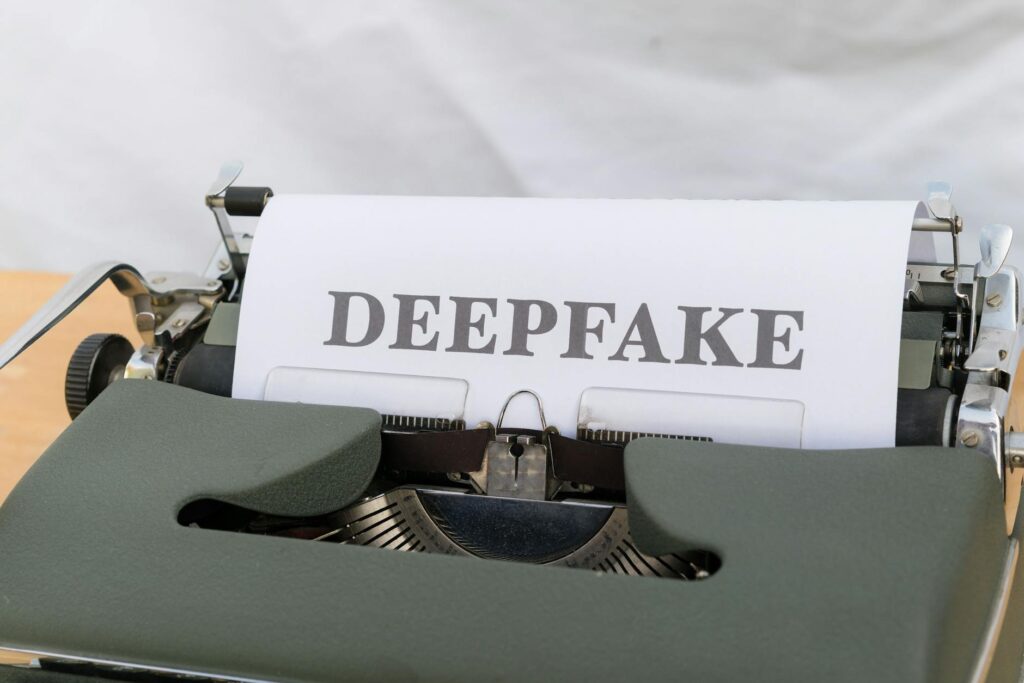Denmark Just Changed the Game on AI Deepfakes—Here’s How
Let’s Talk About Why This Matters
AI’s everywhere these days, right? Some of it’s amazing—like those apps that turn your selfies into Renaissance paintings. But then there’s the dark side: deepfakes. You know, those creepy videos where someone’s face or voice gets swapped without their permission? Denmark just dropped a legal hammer on that nonsense. And honestly? It’s about time.
Deepfakes 101: The Good, The Bad, and The Ugly
Okay, so deepfakes use fancy AI to make fake content look real. Sometimes it’s harmless fun—remember that viral Tom Cruise TikTok? But here’s the thing: most of it isn’t funny. We’re talking fake revenge porn, scam calls using cloned voices, even politicians getting framed for stuff they never said. Scary part? The tech’s so easy now that any jerk with a laptop can do it.
Denmark’s New Rules—Straight From the Source
So what’s actually in this law? Let me break it down like I’m explaining it to my cousin:
- Your Face, Your Rules: Now if someone makes a deepfake of you without asking, that’s straight-up illegal. Like, sue-them-into-oblivion illegal.
- Platforms Gotta Listen: Find a fake video of yourself? You can demand it gets taken down ASAP.
- No More “Oops, My Bad”: Creators of malicious deepfakes can get slapped with serious fines. No warnings.
And get this—politicians from all parties actually agreed on something for once. The law should kick in before Christmas.
Why Your WhatsApp Group Should Care
For regular folks? This is huge. Imagine some scammer using your voice to call your grandma asking for money. Happens more than you’d think. Now you’ve got legal backup.
Bigger picture? Denmark’s basically giving the middle finger to big tech’s “move fast and break things” attitude. And with the EU watching closely, this could snowball into wider changes. Unlike the US—where laws change depending on which state you’re in—this is one clear rule for everyone.
The Catch (Because There’s Always One)
Here’s where it gets tricky. What if some kid in a basement in Belarus makes a deepfake of a Danish politician? Jurisdiction gets messy real quick. And let’s be honest—the internet’s borderless. But the message matters: your identity isn’t free game for AI experiments.
What People Are Saying
Privacy nerds (like me) are psyched. One activist told me, “Finally, we’re treating digital identity like actual human rights.” But some tech bros are whining about “innovation barriers.” Tough luck, guys—maybe innovate something that doesn’t ruin lives?
Regular Danes? They’re all for it. Recent poll showed 3 out of 4 people worried about election deepfakes. Can’t blame them after what happened in other countries.
What Comes Next
This could be the start of something big. Social media platforms might actually have to step up their detection game. Users? We’ll need to get smarter about spotting fakes—like checking if that “celebrity endorsement” video has weird blinking patterns.
Practical Tips While We Wait for the World to Catch Up
For you: Watermark personal videos. Google yourself occasionally. If something seems off—like your “cousin” suddenly messaging for emergency cash—call them directly.
For lawmakers elsewhere: Copy Denmark’s homework. Seriously.
The Bottom Line
Denmark just drew a line in the sand: human rights don’t stop when the AI starts. Will other countries follow? Let’s hope so—because the alternative is a digital Wild West where no one knows what’s real anymore.
Where to Learn More
- Danish government’s plain-English explainer (yes, really)
- How to spot deepfakes—a 2-minute guide
- That time a deepfake CEO got scammed by his own tech (no joke)
Source: NY Post – World News

